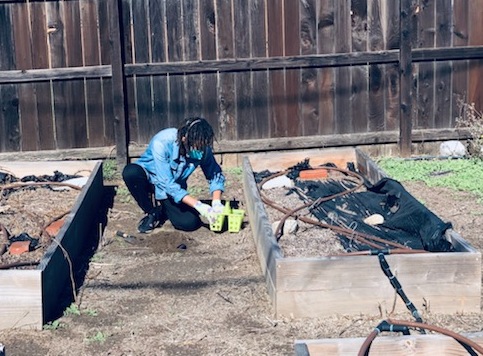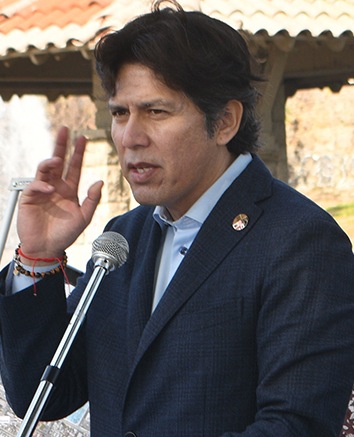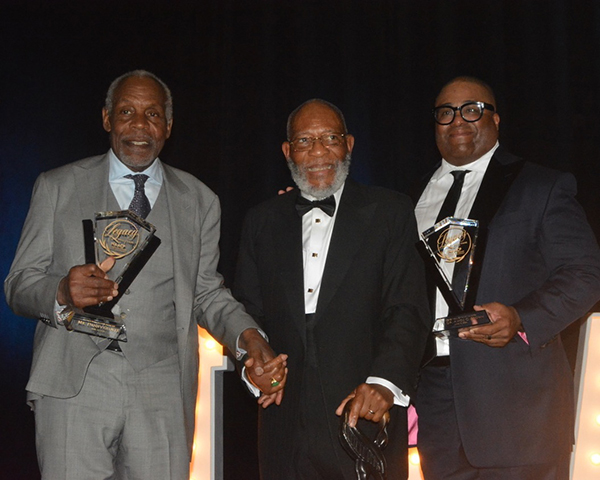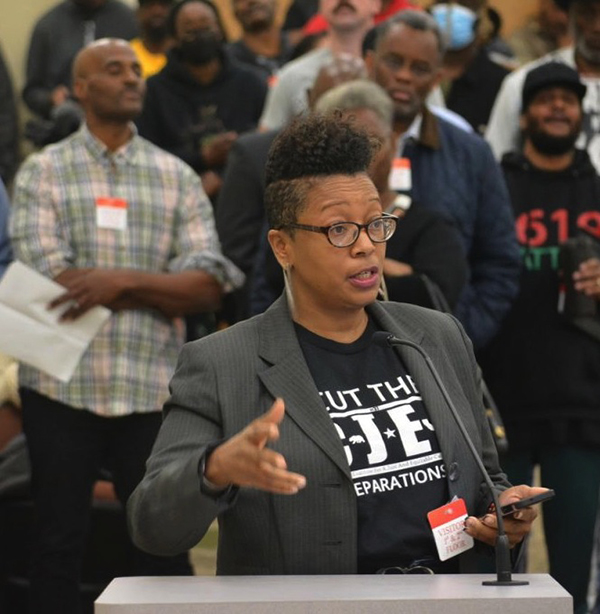By 2UrbanGirls
Contributing Writer
SOUTH LOS ANGELES — The Faith Community Coalition has received a grant from Logos Faith Development to sponsor two new community gardens in the South L.A. area. The grants for $2,000 each will go towards the creation of the gardens and are designed to ensure that the community continues to have access to fresh food options during the COVID-19 pandemic.
The first recipient will be St. Mark United Methodist Church.
The U.S. Department of Agriculture (USDA) defines a “food desert” as an area that has limited access to affordable and healthy food. There are many food deserts within the South L.A. area as well as a wide variety of organizations that work to mitigate the problem of food insecurity in various ways.
However, the USDA also notes, in one study, that minorities and poverty (low-income and high unemployment) are more prevalent in food deserts.
Food deserts are not a new phenomenon in South Los Angeles and community gardens are one way to address healthier eating options within minority communities.
Rev. Jennifer Oliver, who is a community-based food justice advocate, is spearheading the program to bring community gardens to South L.A. and is looking forward to working with Rev. Gary Bernard Williams, who leads St. Mark.
“St. Mark was an ideal candidate as a pilot site for our program because the church already participates in mitigating food insecurity by distributing food to their community and has a leader, Pastor Williams, who understands the correlation between food accessibility and health disparity,” Oliver said. “We envision this garden being a wonderful opportunity to nourish the community with food, love, care and concern for the whole person.”
Oliver has spent six years studying and conducting research in the food science areas of food toxicology/ safety and nutritional biochemistry, specifically focusing on diseases that more adversely affect people of color. When she left academia to pursue a ministerial call, she never imagined that she would go back to working with food.
“After studying at Fuller Seminary, I realized that my purpose in life was to play a role in empowering individuals to overcome poverty barriers, whether physical, spiritual, or mental by creating and restoring community,” Oliver said. “My expertise and training in diet/disease and food systems are vital to that purpose.”
It became clear to Oliver that forming strong partnerships within the faith-based community would be an ideal place to start the discussions to incorporate the community gardens on land owned by the churches receiving the awards.
Rev. Williams shared that he was motivated to bring a community garden to the members of his church when he saw the oversaturation of unhealthy food options in his community.
“With the lack of supermarkets and access to fresh produce, African Americans are experiencing disproportionately higher rates of diagnosis and death from diet-related chronic diseases like diabetes and hypertension that I’ve seen in my congregation and in my own family,” Rev. Williams said. “There are over 2 million residents in Los Angeles County who are food insecure, therefore, food justice needs to be a priority in our churches and I realized we had the beginnings of what could become a model for churches to establish gardens and farmers markets on church-owned land. Black churches are uniquely positioned to use their land to address the injustices associated with food insecurity in our community.”
The Faith Community Coalition is aware of the long-term affects of South L.A. being a food desert and welcomed the opportunity to fund the program to assist some of the city’s most vulnerable residents.
“I watched as supermarkets in South Los Angeles burned during the 1992 civil unrest, which created food deserts for Black and brown people,” said Pastor John Cager, founder of the Faith Community Coalition. “These grants will provide access to fresh, healthy options for Black, indigenous people and people of color.”
The garden program is a part of the coalition’s Health and Wellness platform, utilizing the coalition’s focus on building transformational relationships in order to tackle complex issues (i.e. food insecurity, poverty, housing) in our community.
“I am very pleased that Logos can underwrite the coalition’s work in the area of community gardens said Martin Porter, managing partner of Logos Faith Development. “Its our intention to take targeted action that maximizes social impact and the opportunity for people to both live in the kingdom of God and to build it up. I can think of no better way to do this than community gardens that cause us to eat better, garden in community, get off of our phones and screens, and into the soil together.”
St. Mark’s United Methodist Church is looking forward to its community garden opening this summer.
2 Urban Girls is a freelance reporter for Wave Newspapers who covers the Compton and Inglewood areas. She can be reached at 2urbangirls@gmail.com.













